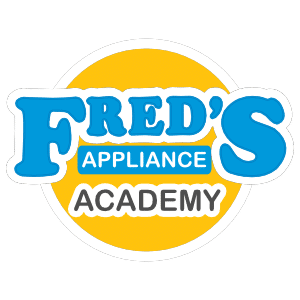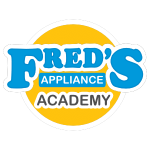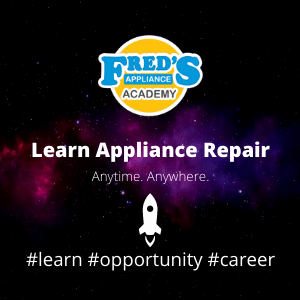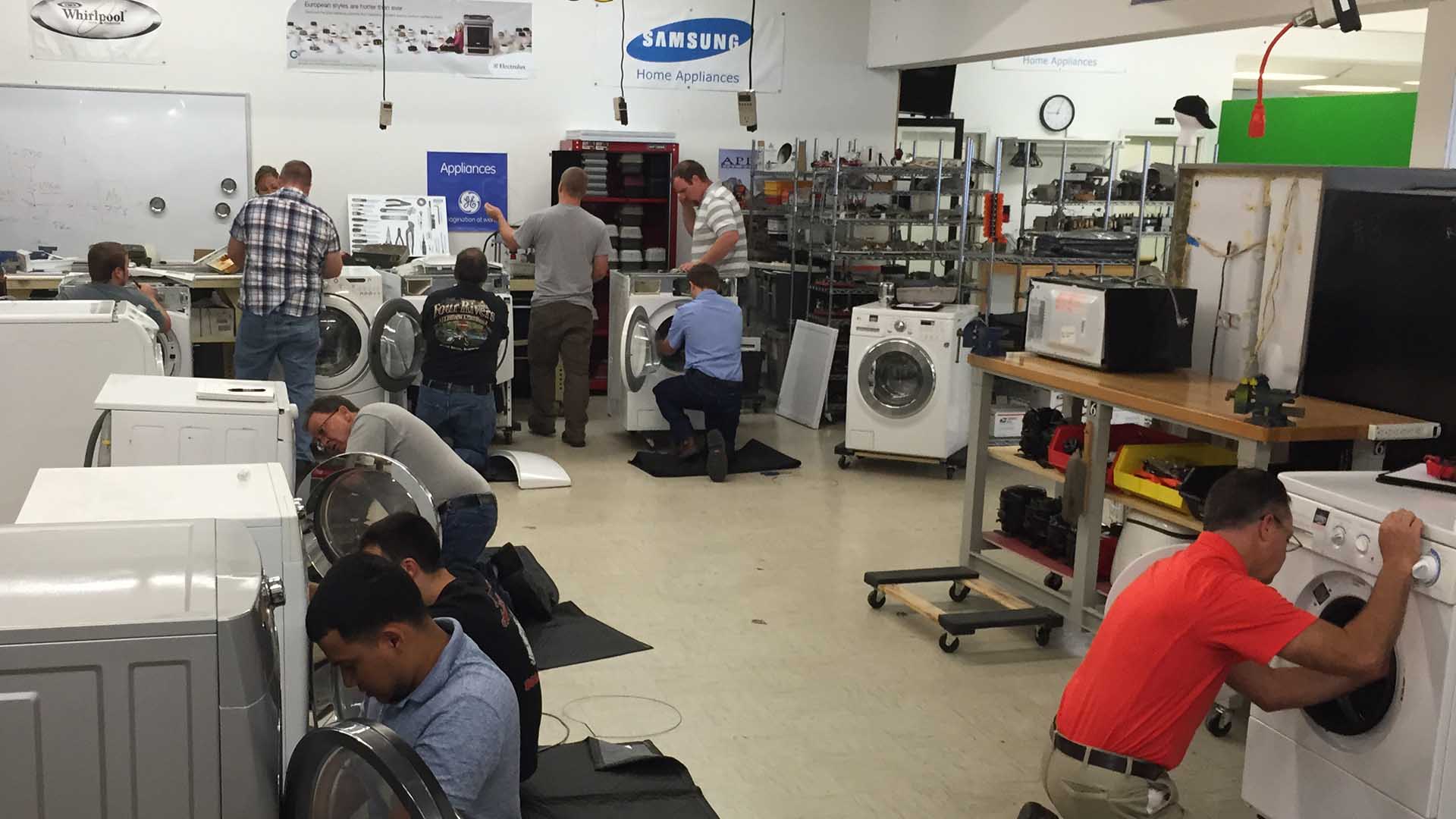
Fred's Appliance Academy
June 21, 2018
News
Appliance repair and IT have something in common: both theoretical number and hands-on expertise matter. That’s why our courses focus on experience, for both new technicians and experienced professionals. Hands-on training is important in a hands-on business, and keeping up with industry advances keeps your business current. Here’s how our three-week and one-week courses can help.
Get ahead with smart appliances.
Appliance repair shared more than one similarity with IT: devices are getting smarter and more digitized with every model release. Everything from ovens to dishwashers has traded out their dials to buttons and their buttons for touchscreens. Those touchscreens also connect to smart home electrical sensors and online vendors for easy buying.
All of this Wi-Fi enablement is only going to get more and more popular. That means appliance repair isn’t going to focus on parts replacement and maintaining appliances to keep up their functionality. It also means knowing how to make the appliances reconnect to online systems. Specializing in the Internet of Things is still a specialty, but it won’t be for much longer. Soon it will become a basic requirement for general appliance repair on both the commercial and consumer levels.
Stay current on green technology and energy efficiency.
More and more consumers would rather replace their appliances than have them repaired. Air conditioning units and furnaces, or devices that seem more like a permanent installation in a house, are the glaring exception. That means your customers are only a broken part or two from throwing up their hands and getting a replacement.
Make sure you stay current on what consumers can get out of new models. If they’re around while you’re making repairs, it’s a great conversation topic. You’re the expert, and your customers are going to be inclined to listen to what you have to say about the limitations and expected lifespan of their current appliances. They also trust that you aren’t just a salesman; after all, while you might offer installation services and have the connecting parts they need, you’re not in the business of selling appliances.
This helps you cultivate first-time customers into recurring business. After all, a repaired appliance that eventually fails is bad advertising even if it’s not your fault. But if you describe the future problem and, even better, optimal solutions, customers will be less surprised by the problem and it won’t impact the business relationship as severely.
Find out what you don’t know.
No matter what appliances you repair, or even what business you’re in, there are four types of knowledge:
- what you know that you know,
- what you don’t know that you know,
- what you know that you don’t know, and
- what you don’t know that you don’t know.
The first two types of knowledge are a good thing. They make up your expertise and how you can adapt to surprising problems. Even that third type of knowledge isn’t so bad: if you know what areas of knowledge you need to study up on, you can do that.
It’s the last type of knowledge that causes real problems. When you come across problems you don’t know how to start fixing, you lose customers. If you weren’t aware of changing licensure requirements or new concerns about traditional repair procedures, that can hurt your business more severely. A comprehensive course helps you fill in gaps in your knowledge and gives you up-to-date knowledge. You can double-check what seems tried and true, or you can start to isolate what you now know you don’t know for future learning.
Taking a professional appliance repair course can start a new business on the right track or help your established business start to branch out. Go to Fred’s Appliance Academy here to see which courses are the best fit for you and your employees.
(800) 781-1814Text or ring! ring!
Live ChatClick to say hi
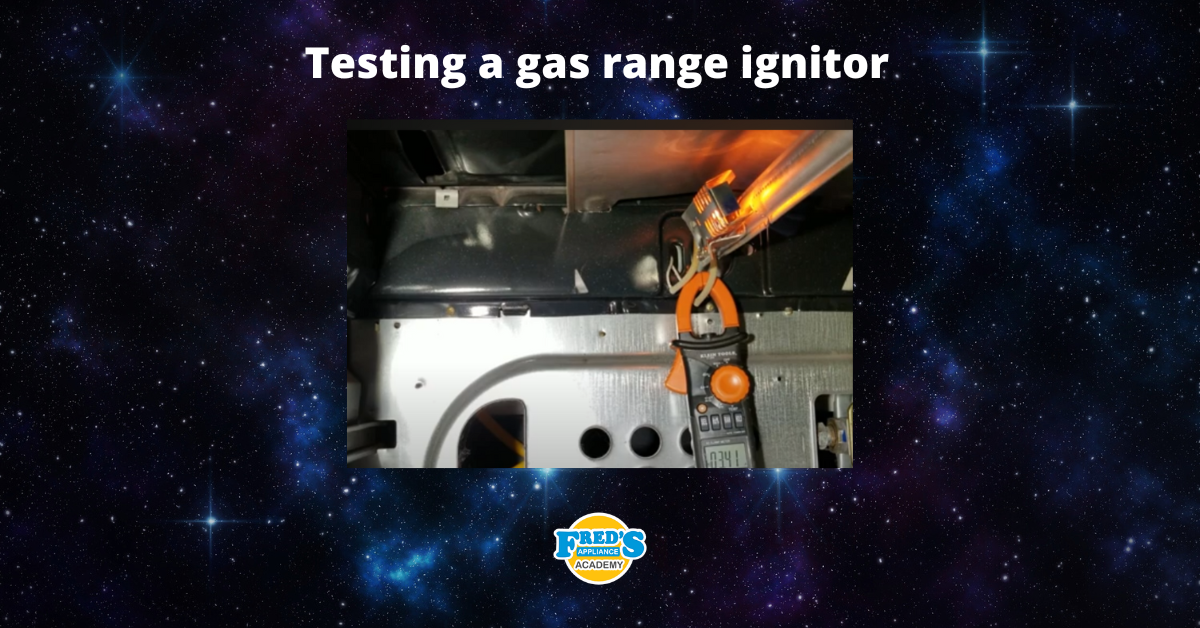
Apr. 05, 2024
How to test a gas range ignitor
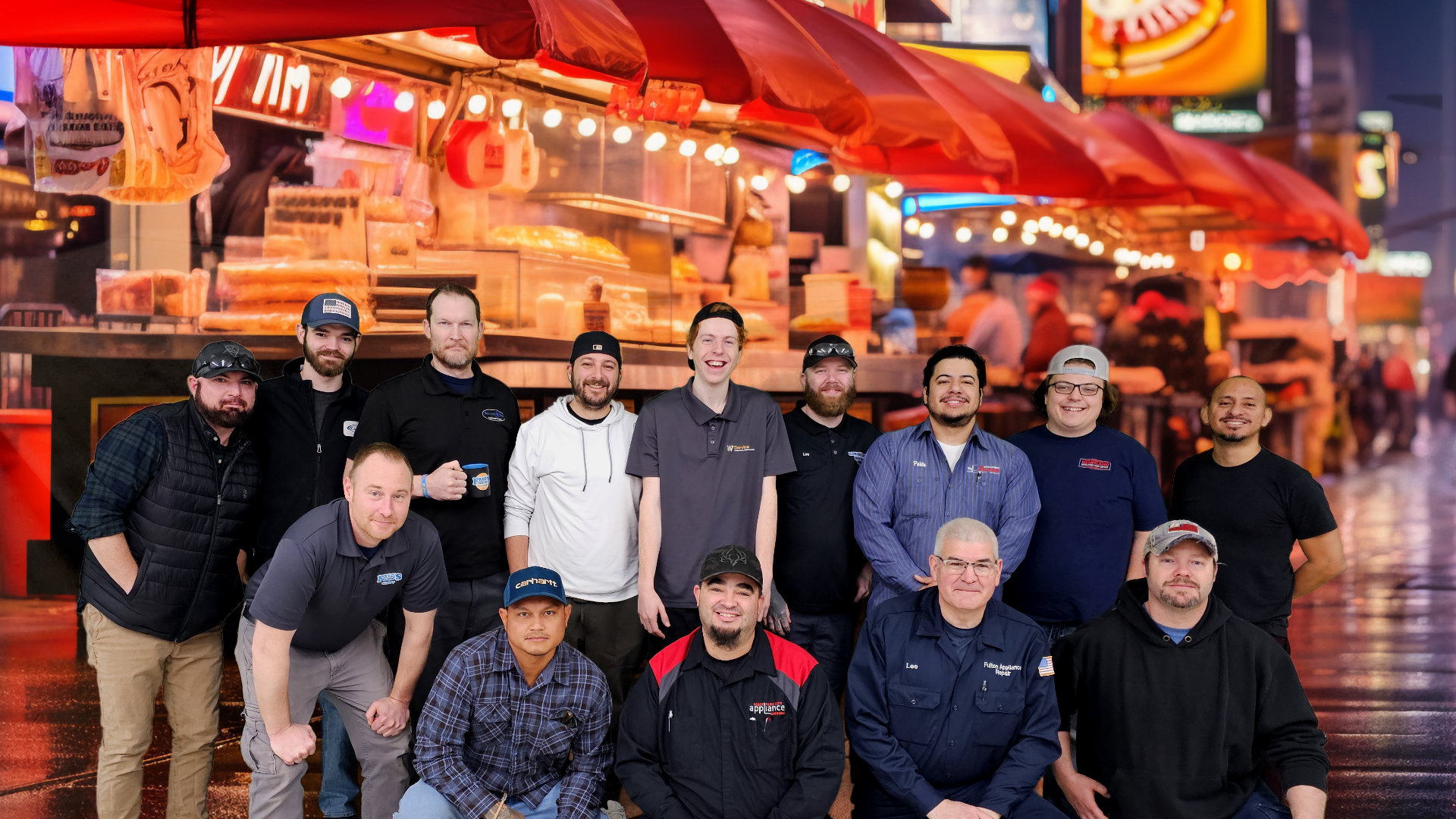
Mar. 29, 2024
Congrats to our graduating March 2024 class
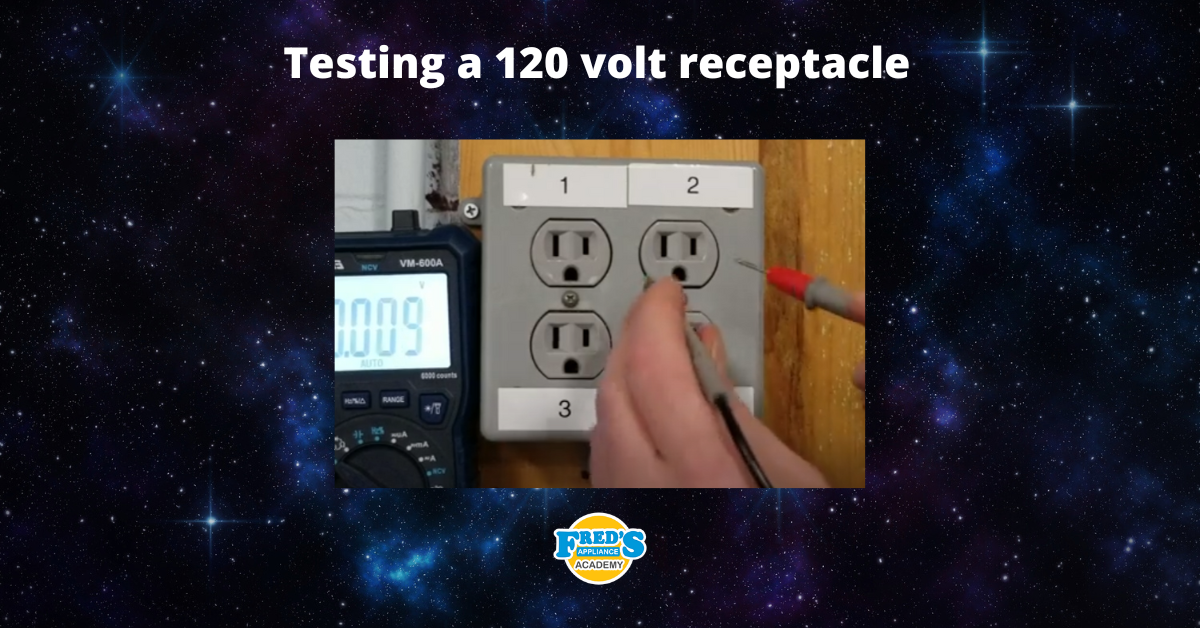
Mar. 22, 2024
How to test a 120 volt receptacle
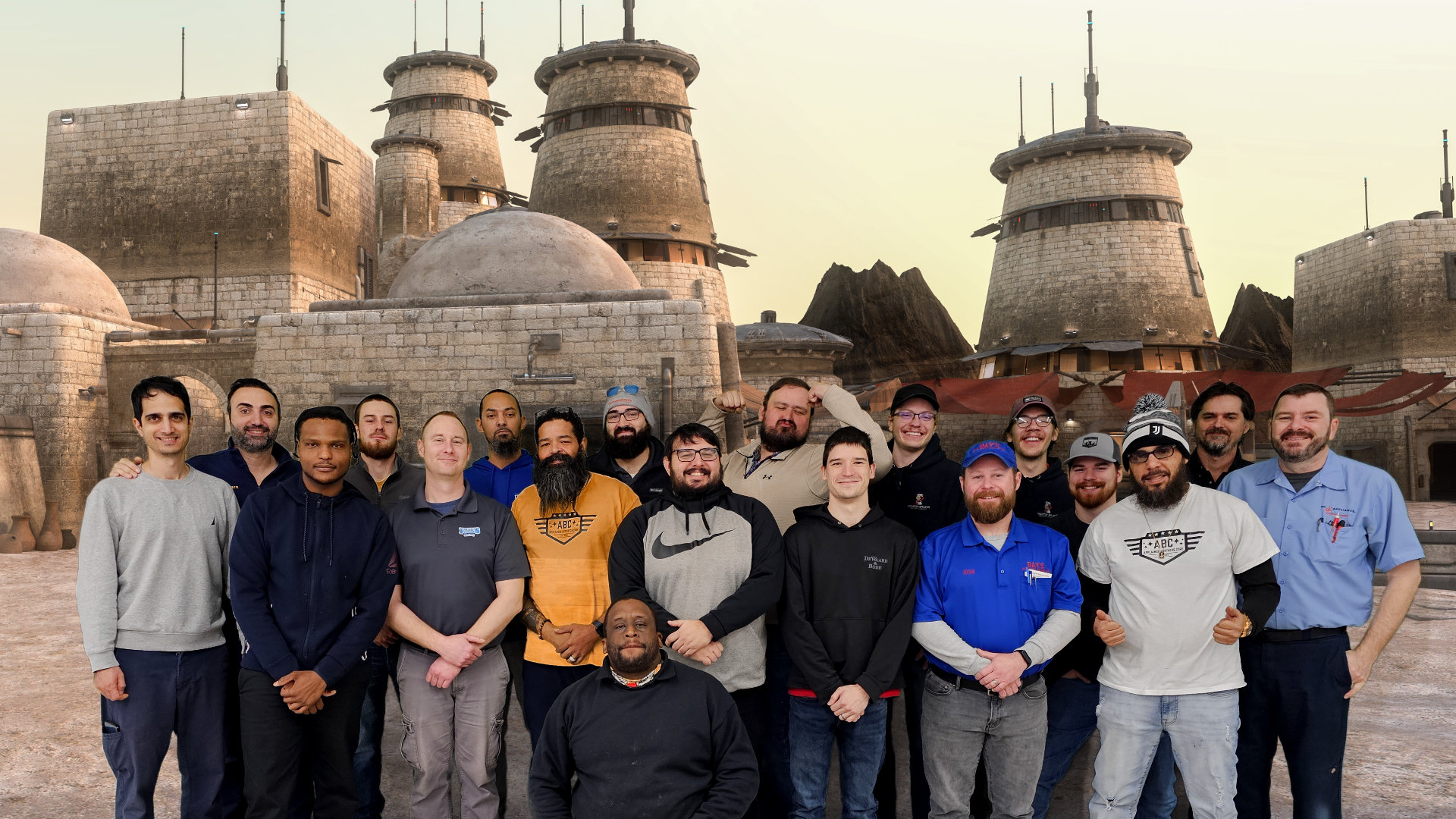
Mar. 01, 2024
Congrats to our graduating February 2024 class
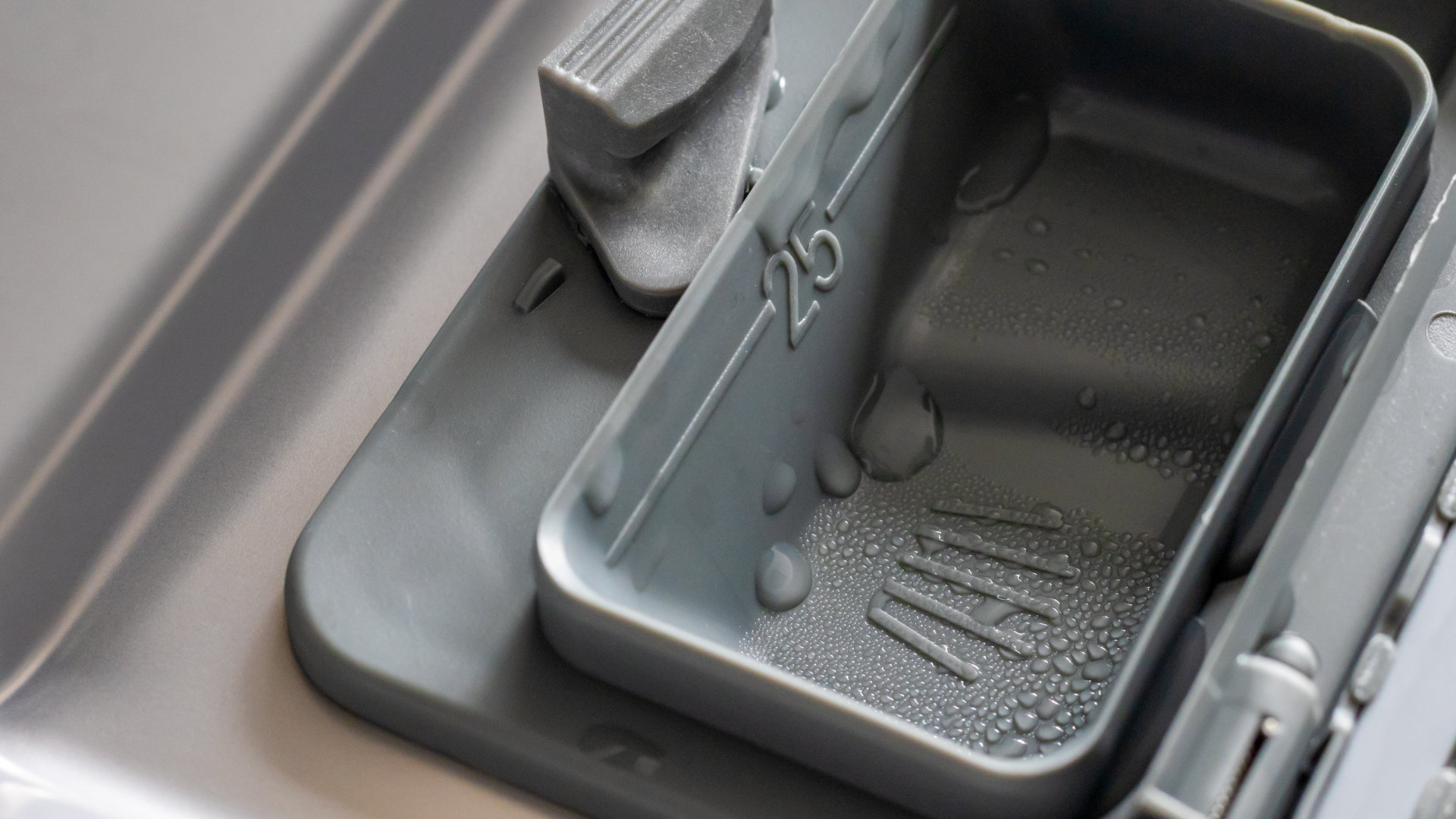
Feb. 05, 2024
Why Is Your Dishwasher Soap Not Dissolving? (5 Easy Fixes)
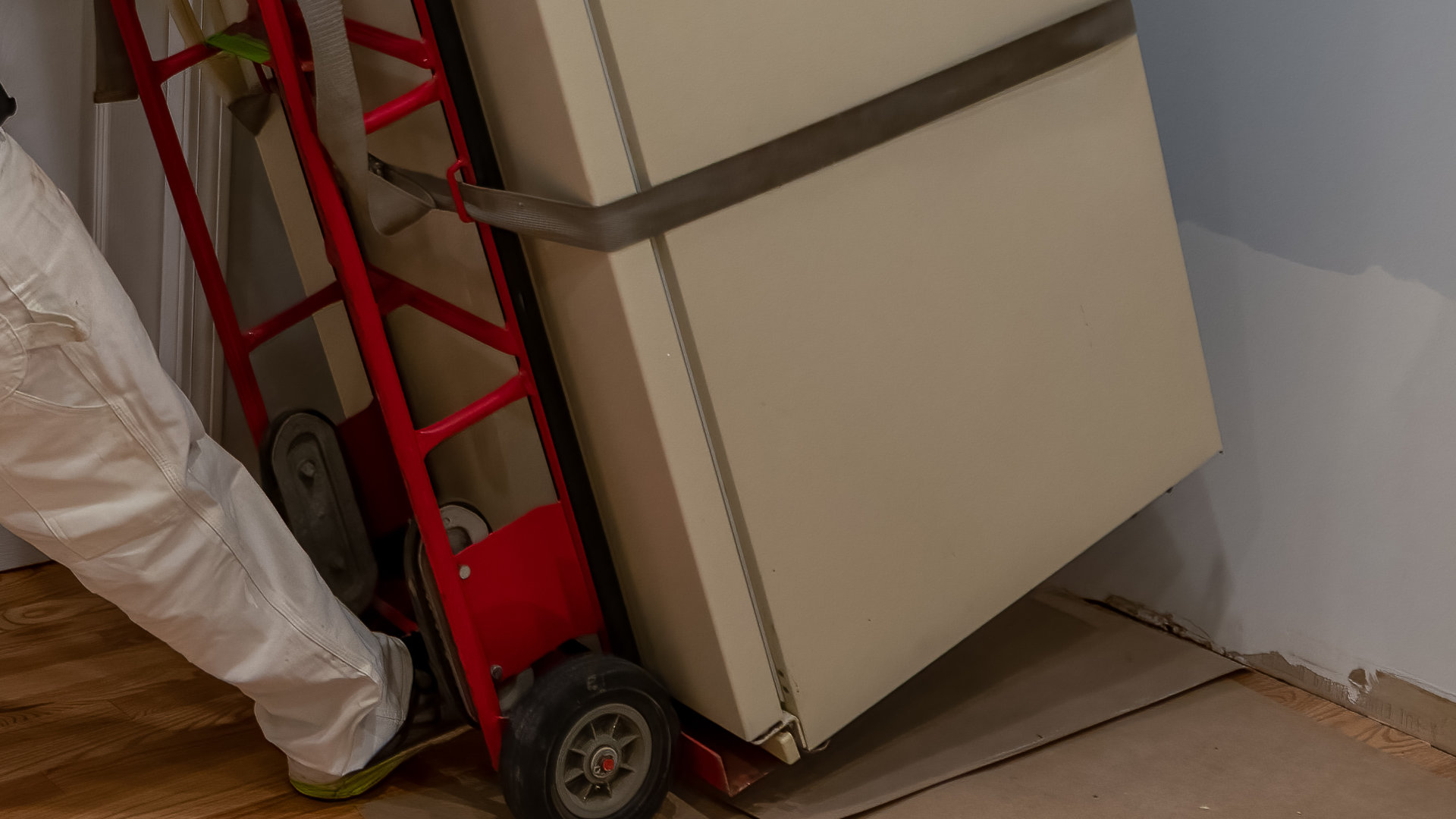
Feb. 05, 2024
Refrigerator Dripping Water Inside? 5 Quick Fixes

Feb. 02, 2024
Appliance Industry 2023 Q4 Results
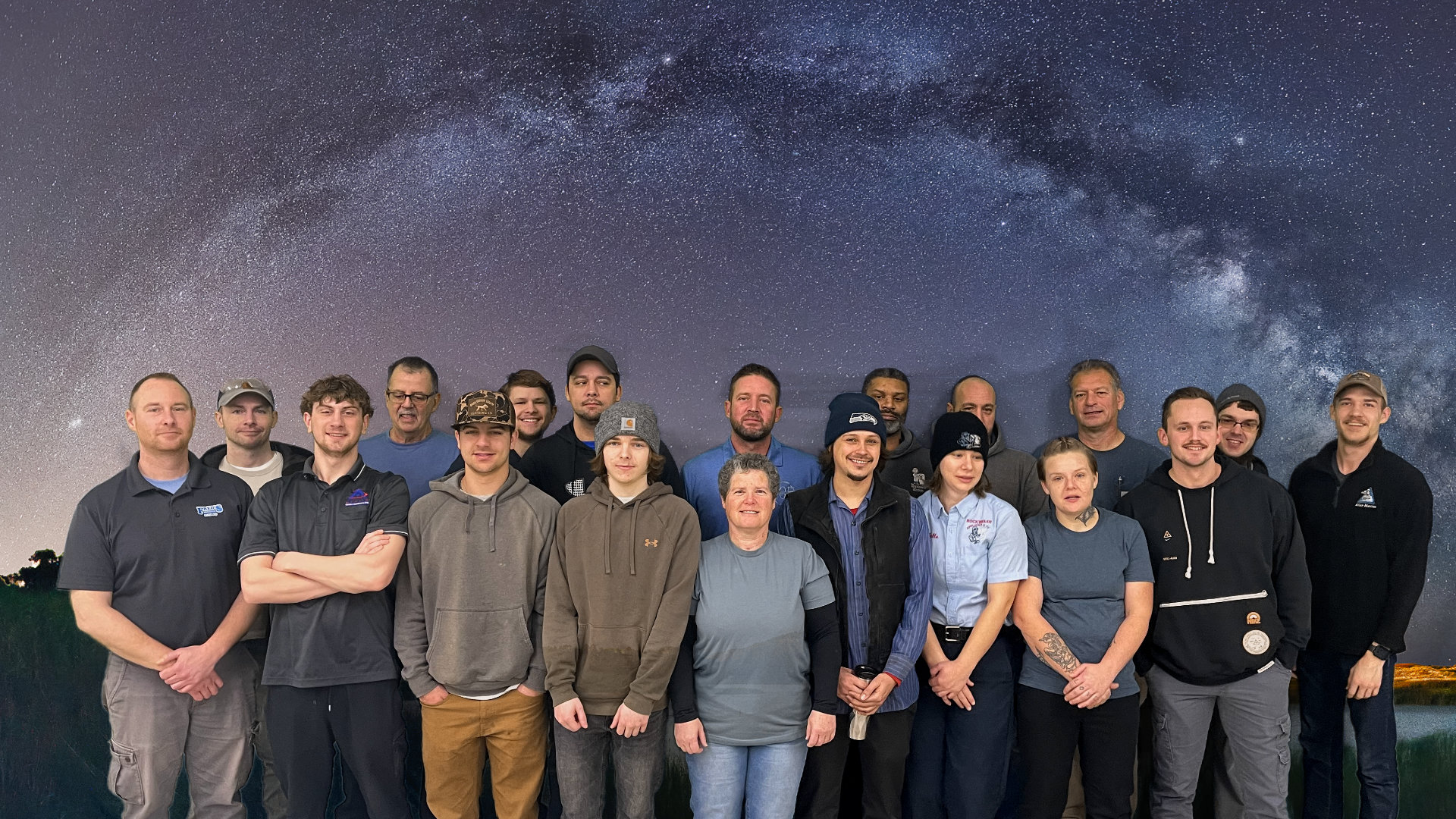
Feb. 02, 2024
Congrats to our graduating January 2024 class
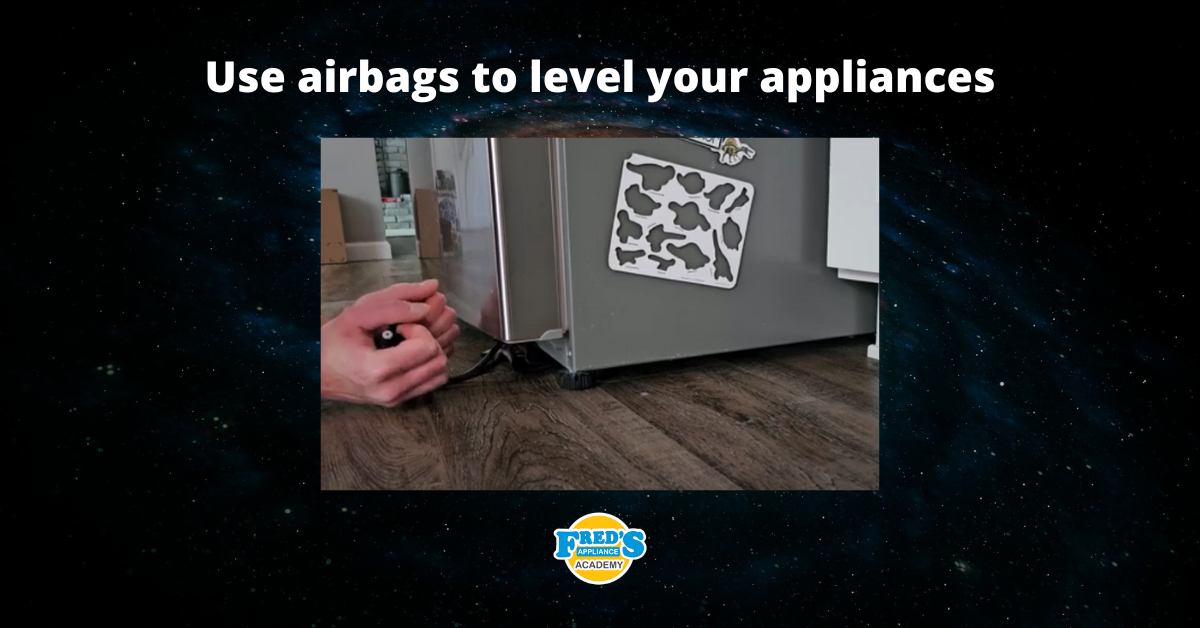
Jan. 26, 2024
Clever ways to use airbags to level your appliances
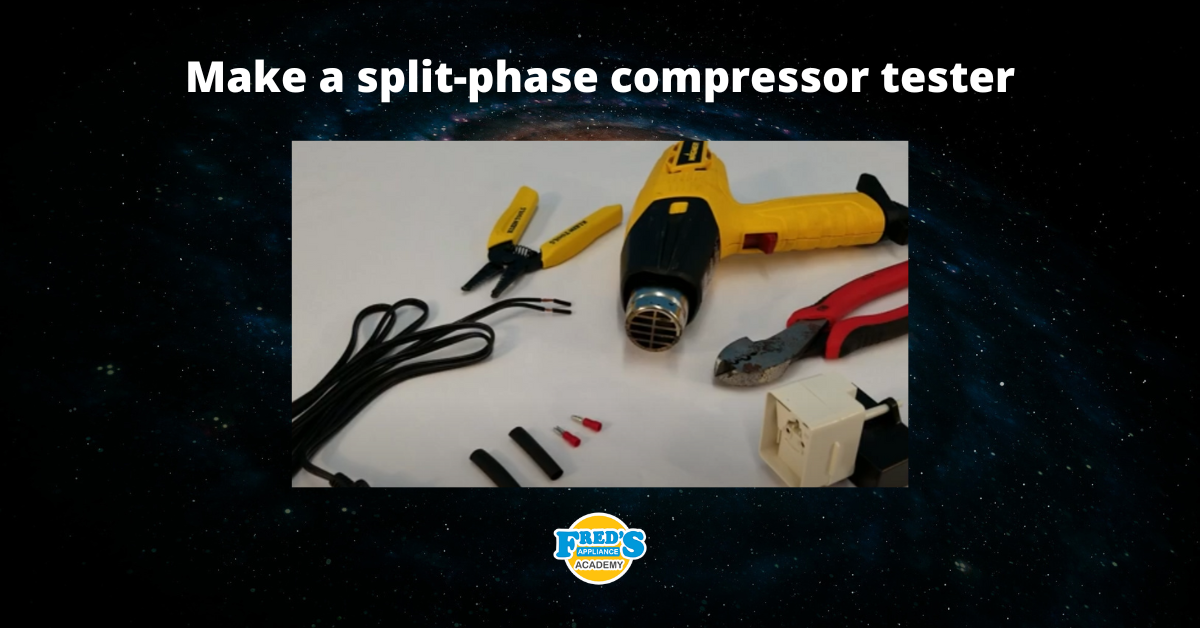
Jan. 12, 2024
